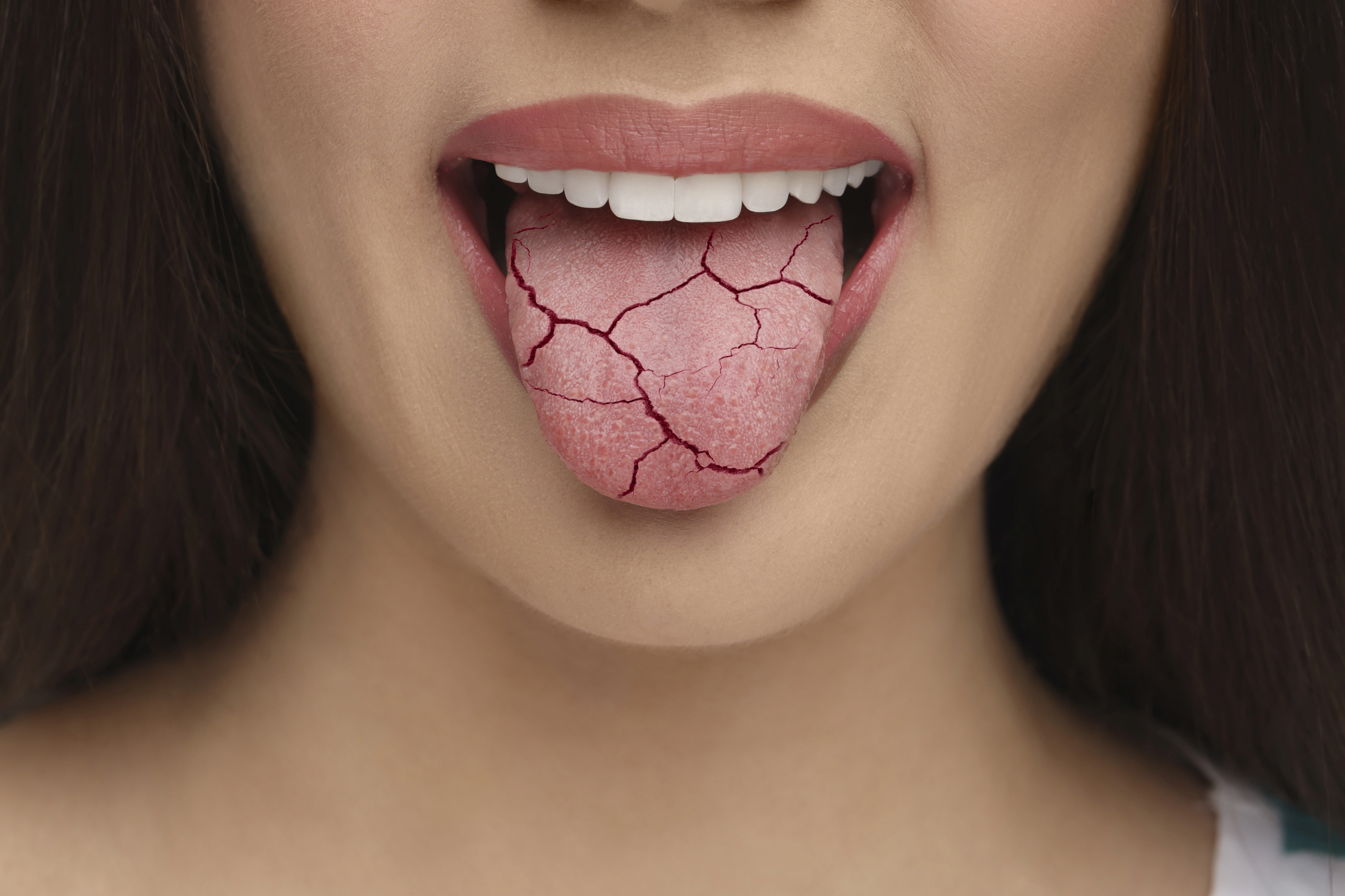Dry Mouth Remedies: A Waterloo Family Dental Perspective from Ashraf Dentistry

Dry mouth isn’t just inconvenient—it’s a serious condition that can damage teeth, disrupt digestion, and even affect speech and sleep. With causes ranging from medication side effects to lifestyle habits, managing it often requires a combination of remedies and professional insight.
Here’s a breakdown of ten home remedies for dry mouth, along with expert commentary from Ashraf Dentistry. (Source: Colgate, 10 Home Remedies for Dry Mouth, https://www.colgate.com/en-us/oral-health/dry-mouth/dry-mouth-home-remedies ).
1. Drink Water
Consistently sipping water throughout the day is the first and simplest step in managing dry mouth. Hydration keeps the oral tissues moist and supports overall health.
Ashraf Dentistry explains, “Hydration isn’t just about quenching thirst—it’s about restoring balance in the oral cavity. Saliva is more than water; it contains enzymes, buffers, and antimicrobial agents. When you’re dehydrated, that protective layer weakens. People often wait until they’re thirsty, but at that point, the damage has already started. Proactive hydration is especially important for those taking medications that reduce salivary flow, such as antihistamines or antidepressants.”
2. Suck on Sugar-Free Candies
Stimulating the salivary glands can help reduce the symptoms of dry mouth.
Ashraf Dentistry shares, “Saliva stimulation through sugar-free candies can be helpful, but patients should also be aware of the ingredients. Xylitol, for instance, can help prevent tooth decay and may actively reduce levels of harmful bacteria like Streptococcus mutans. However, too much xylitol can upset the stomach. We recommend patients read labels and treat these products as therapeutic, not just snacks.”
3. Chew Sugar-Free Gum
Chewing gum boosts saliva production through mechanical stimulation.
Ashraf Dentistry notes, “Chewing gum mimics the natural chewing motion that stimulates major salivary glands. Beyond just moisture, this helps restore oral pH levels and clears residual food debris. We often point out to our patients that certain gums are also fortified with calcium phosphate, which may assist in remineralization—especially beneficial when dry mouth has left enamel more vulnerable to erosion.”
4. Choose Decaf
Caffeine has dehydrating effects that can worsen dry mouth.
Ashraf Dentistry comments, “Caffeine inhibits antidiuretic hormone (ADH), which promotes fluid loss. For patients already experiencing dry mouth, this exacerbates the issue. Switching to decaf isn’t just about reducing caffeine—it’s about reassessing your fluid intake. Many herbal teas, for example, are naturally hydrating and may contain anti-inflammatory properties beneficial for irritated oral tissues.”
5. Use a Humidifier
Dry air, particularly in winter, can increase mouth dryness.
Ashraf Dentistry highlights, “Our mucous membranes function best in environments with balanced humidity. Sleeping with a humidifier can reduce nighttime dry mouth, especially for those using CPAP machines or living in heated homes during winter. Many of our Waterloo family dental patients report significant improvements in morning discomfort simply by adjusting their indoor environment.”
6. Breathe Through Your Nose
Nasal breathing helps conserve moisture in the mouth.
Ashraf Dentistry expresses, “Chronic mouth breathing is more than a dry mouth issue—it can reshape facial development in children and increase dental problems in adults. Nasal breathing filters and humidifies air, while mouth breathing introduces dry, unfiltered air that irritates tissues. In many cases, mouth breathing is due to untreated allergies or deviated septums, which should be addressed in conjunction with dental monitoring.”
7. Quit Smoking
Smoking reduces saliva flow and harms oral tissues.
Ashraf Dentistry explains, “Tobacco toxins directly damage salivary gland tissue and constrict blood vessels, impairing tissue repair. Long-term smokers often experience thick, ropy saliva that doesn’t perform its natural protective functions. Quitting smoking not only improves saliva flow—it greatly lowers the risk of oral cancers, gum disease, and bad breath. It’s one of the most powerful changes someone can make for their oral health.”
8. Rinse with an Alcohol-Free Mouthwash
Alcohol can irritate and dry out the oral cavity.
Ashraf Dentistry shares, “Alcohol-based rinses strip the mouth of its natural moisture barrier. For patients with xerostomia, this can lead to ulcers, burning sensations, and even worsening of fungal infections like oral thrush. We recommend pH-neutral, alcohol-free rinses that contain moisturizers such as aloe vera or hyaluronic acid. These not only soothe but help restore tissue health over time.”
9. Use Over-the-Counter Saliva Replacement Products
These products temporarily relieve dryness, especially at night.
Ashraf Dentistry notes, “Artificial saliva isn’t just a moisture boost—it mimics the texture and protective qualities of natural saliva. It’s especially useful for patients undergoing cancer treatment or managing autoimmune disorders like Sjögren’s syndrome. Some products also include enzymes or electrolytes to protect enamel and fight bacteria, making them more than just symptom relievers.”
10. Check Your Vitamin Intake
Nutritional deficiencies can impair salivary gland function.
Ashraf Dentistry comments, “Vitamins and minerals such as B12, zinc, and iron are essential for maintaining healthy nerve and gland function. A deficiency in any of these can reduce saliva production or alter its composition. We often encourage patients experiencing persistent dry mouth to request bloodwork from their physician—especially if they’re also dealing with fatigue, hair thinning, or changes in taste.”
Final Thoughts from Your Waterloo Dentist
While home remedies can offer relief, persistent dry mouth can lead to serious dental issues if not addressed early. It is important to understand both the symptoms and their underlying causes.
Ashraf Dentistry emphasizes, “Dry mouth is often the first sign of a larger systemic issue—whether it’s medication-related, autoimmune, or behavioral. It’s important to treat the cause, not just the discomfort. By taking a holistic view of oral health, patients can protect not just their smiles, but their overall wellness.”
For anyone in the Waterloo dental community dealing with dry mouth, these strategies are a great starting point—but professional evaluation remains key in preventing long-term damage.
